How Positivity Can Become Toxic
What could be the downside of a “look at the bright side” mentality? There’s no road map to handling emotions that aren’t positive.
Humans are built to withstand tough emotions. These emotions provide helpful information to survive and thrive in this world. Old fairy tales talked about darkness, injustice, and often lacked a happy ending. These storytelling traditions helped set the expectation that sometimes life will be lonely, scary, and require grit and resilience to find happiness. These stories also provide parents an opportunity to talk about darker emotions and how to navigate them. It normalizes these feelings and can support kids in finding ways to cope with them, and move through them, rather than sweep them aside. Being “positive” even when our circumstances are challenging is not by itself a healthy or resilient coping strategy
Today, many popular children’s books and movies end happily, even if there is pain or suffering that precedes it. This can send a number of troubling messages: that deep happiness comes only through suffering; that if you aren’t happy, there is something wrong with you (because even these fictional characters find happiness in spite of their travails); that happiness is its own reward, no matter how you got it; that the sadness of a situation only depends on how you look at it.
Emotions provide us with useful information and signals (just like our bodies do) and can help us make changes that may lead to more fulfillment and happiness. Ignoring or avoiding darker emotions may eventually lead to mental health issues or turn (somatize) into lethargy or physical pain.
Our bodies signal to us when we’re getting sick and need to rest. Our reactions give us insights into our emotional needs. So the next time you tell yourself (or someone tells you) you are ‘overreacting,’ be curious about the root cause of your reaction (emotionally) and why.
Is it sometimes helpful to try taking a positive outlook? Yes, of course. But if you find yourself ignoring feelings and experiences in attempt to be ‘positive,’ it can actually become toxic. . Death is hard, breakups are hard, rejection is hard. Hard things happen and it doesn’t mean that they will not eventually have a deeper meaning or positive impact in your life. However, the change comes from experiencing the emotion first (or accepting that it happened). (On the flip side, getting stuck in the negative is also a sign that you may need support in processing your emotions). Studies show that accepting mixed emotions is better for your overall physical and mental health and reduce age related health declines.
The resistance to negative emotions impacts our relationships: people tend to be defensive and dismissive of his/her partner’s experience if they are afraid of a negative emotion. This tends to show up in ways of gathering evidence to prove why the person shouldn’t feel that way to protect themselves from acknowledging their behavior hurt the person. In doing so, one has ‘protected’ themselves from a negative experience by rationalizing why the other shouldn’t feel bad, but it disconnects the relationship instead strengthening it through connection. It actually makes the relationship stronger to be able to acknowledge each person’s experience.
I highly recommend watching the movie Inside Out. The point of this well done movie is for the emotion Joy to figure out why the emotion Sadness needs to exist. If we can accept our emotional experience and needs, we provide an opportunity for healing, growth, and connection. Therapy can be helpful in learning how to recognize and accept your emotional world. All of us learn how to experience our emotions. Most of us need help unlearning how to deny our emotions.
